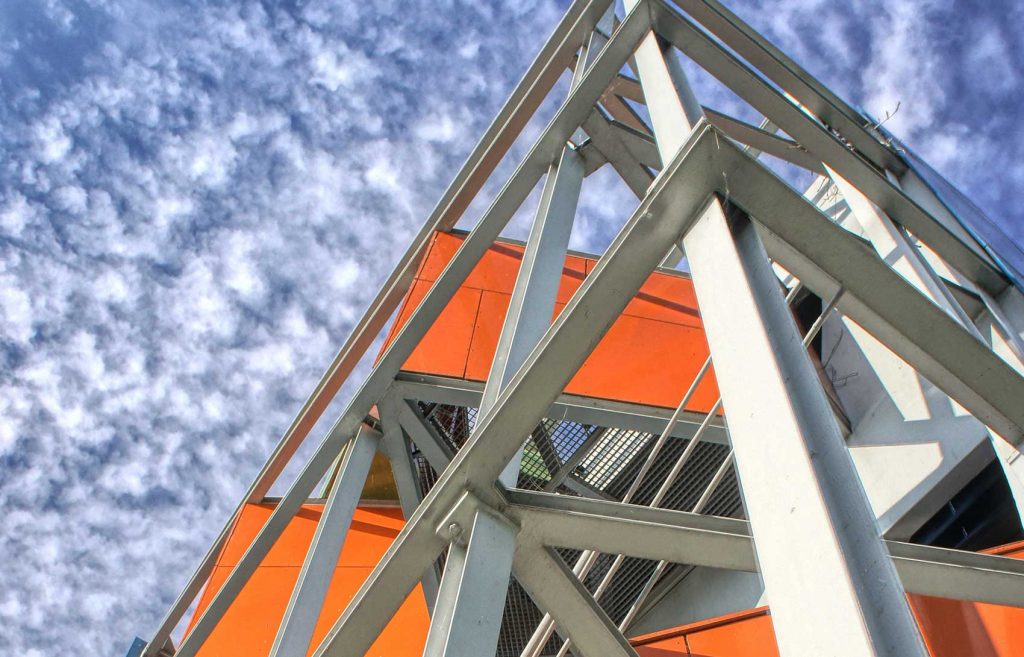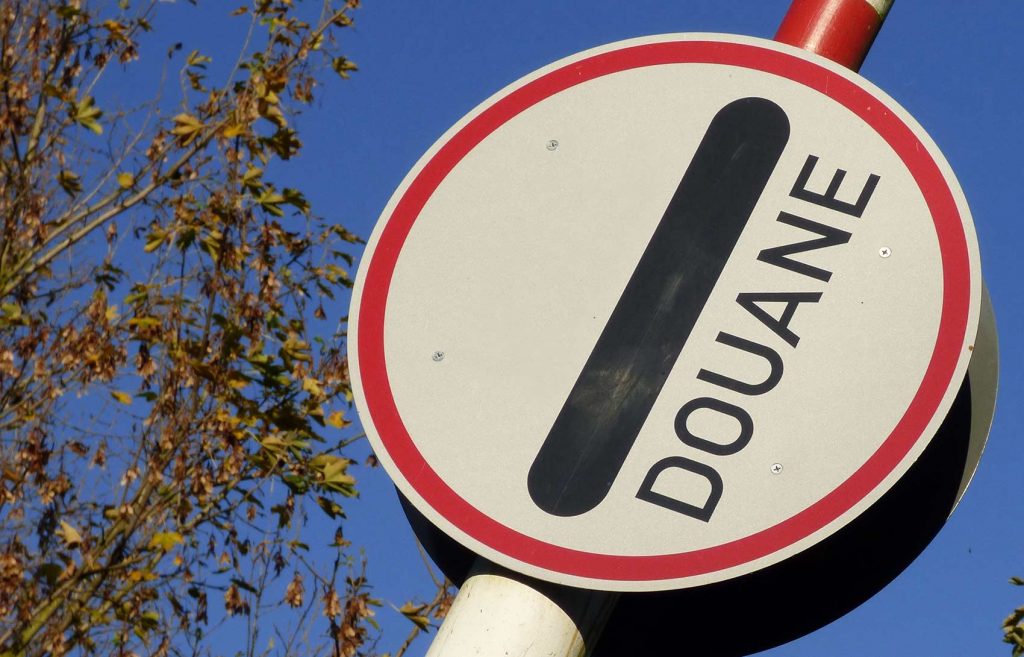What can you expect when you want to employ a non-EU citizen in the Netherlands? One of the most common ways to achieve this is to acquire a Highly Skilled Migrant permit. In this article, we will outline the requirements for thethe Highly Skilled Migrant Permit as well as provide you with a number of alternative procedures.
Dutch Highly Skilled Migrant Permit basics
Let’s cover the basics first. The aim of the Highly Skilled Migrant procedure is to bring skills and knowledge from abroad to the Dutch fast-paced economy. Individuals granted this status usually work either in high-level positions, or as scientific researchers, guest lectures, or trainee doctors. The duration of the permit is up to 5 years, or for the duration of their employment contract.
Highly skilled Migrant requirements
You can acquire the Highly Skilled Migrant status for your non EU employees as long as:
- Your company has a legal entity in the Netherlands and is a so-called recognized sponsor.
- The job offer must meet the (yearly changing) minimum salary criteria. For reference, for the year 2023, the minimum salary criteria for expats under the age of 30 is € 3,672 per month, and € 5,008 for expats over the age of 30.
- Your future employees own a valid passport;
- The persons concerned have to declare they are not a risk of public order or national security;
- They are willing to undergo a test for tuberculosis, unless their nationality exempts them from doing so.
What if your company does not meet the requirements?
Basis of the Dutch Highly Skilled Migrant procedure is a recognized sponsorship with the Dutch immigration authorities. If your company does not have that in place yet you will need to start the application. Anywr Netherlands can help you with this! The approval period depends on how long your company has been registered in the Netherlands. Companies that have been in business for more that 18 months (and meet the requirements) will most probably receive approval within 3 months or even shorter. Companies that are new to the Netherlands will probably face a longer decision period.
However, there are alternatives (depending on the applicable situation:
- Does the employee have an EU partner? In this case you might use another procedure; the ‘verification against EU law’.
- Does the employee have a non EU partner with permit? He/she is free to work in the Netherlands as long as partner keeps the permit/the relation lasts.
- Is your company a start up? In some cases it’s possible to apply for a residence permit for essential start-up personnel.
- The Intra Corporate Transferee procedure; for non EU employees who are assigned to the Netherlands from a non EU country (and stay on contract with that non EU entity).
- The EU Blue Card; the requirements for the EU Blue Card are different (higher) than for the Highly Skilled Migrant procedure yet this might offer a solution.
- Work with an employer of record, who will act as the formal employer until your recognition as a sponsor has been approved by the Dutch immigration authorities.
Reach out for more info!
Anywr Netherlands assists many companies and their employees with their immigration procedures. If you wish to learn more about the possibilities to employ non EU citizens, feel free to reach out to : info.nl@anywr-group.com.


